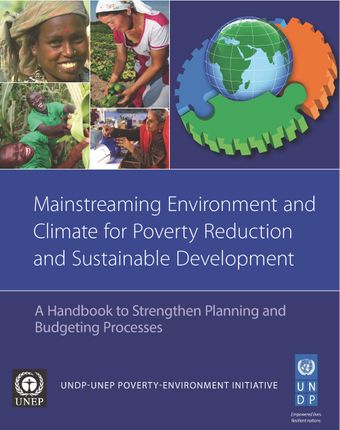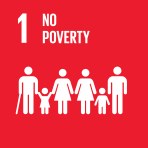- Home
- Books
- Mainstreaming Environment and Climate for Poverty Reduction and Sustainable Development
- Chapter
Guidance note on institutional and context analysis

- Author: United Nations Environment Programme
- Main Title: Mainstreaming Environment and Climate for Poverty Reduction and Sustainable Development , pp 111-118
- Publication Date: January 2016
- DOI: https://doi.org/10.18356/bd68e5c1-en
- Language: English
Political processes, informal institutions and power relations all play vital roles in the success or failure of development interventions. A development programme succeeds when key players have an incentive to make it succeed. When a society’s principal actors are threatened by a development programme, they have an incentive to oppose it. Understanding how different actors in society have differing incentives to enable or oppose development interventions is critical to successful programming. Illuminating this mixture of incentives and constraints is the aim of institutional and context analysis at the country level.
© United Nations
ISBN (PDF):
9789210602402
Book DOI:
https://doi.org/10.18356/5c8781c7-en
Related Subject(s):
Environment and Climate Change
Sustainable Development Goals:
-
From This Site
/content/books/9789210602402s014-c001dcterms_title,dcterms_subject,pub_keyword-contentType:Journal -contentType:Contributor -contentType:Concept -contentType:Institution105
/content/books/9789210602402s014-c001
dcterms_title,dcterms_subject,pub_keyword
-contentType:Journal -contentType:Contributor -contentType:Concept -contentType:Institution
10
5



